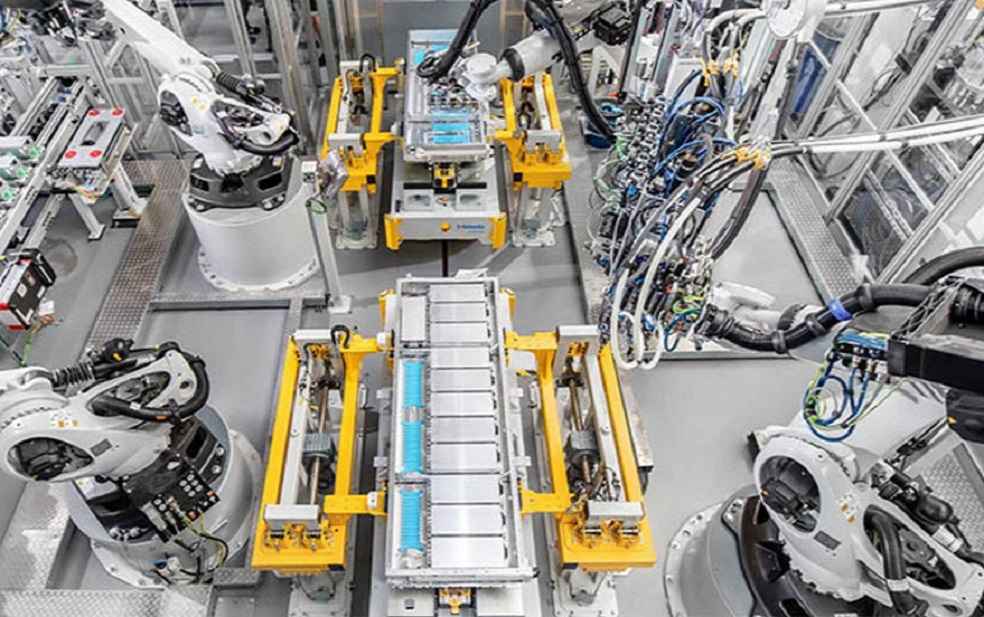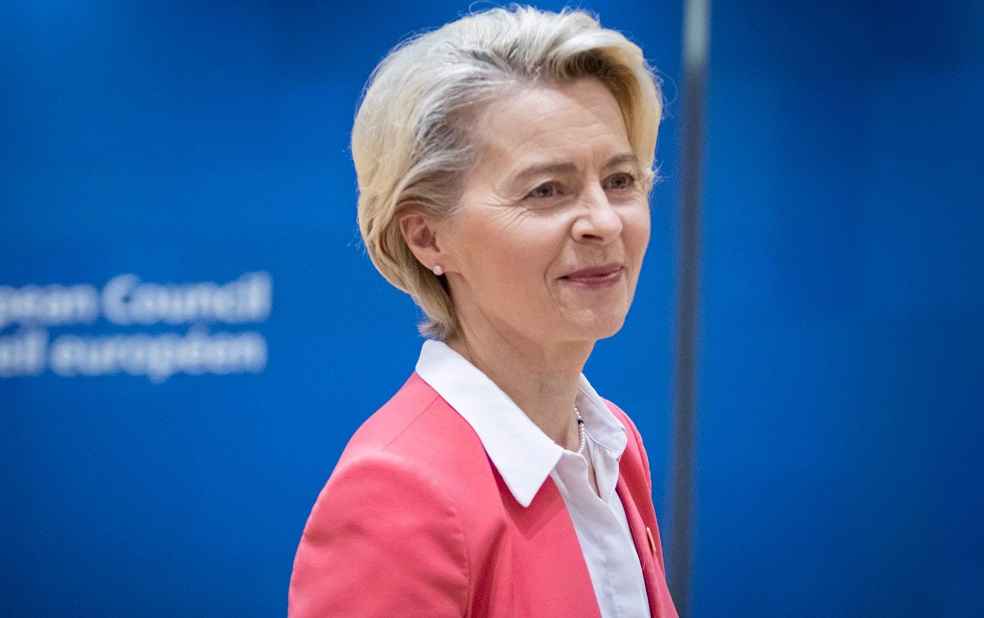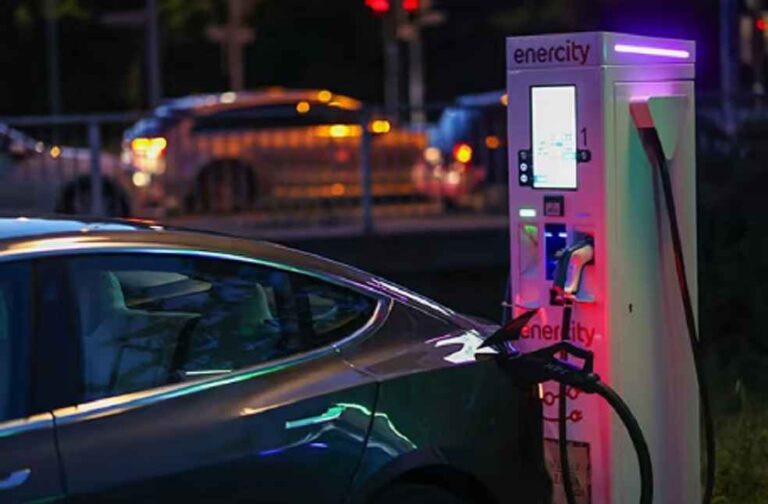A potential shift from post-Brexit trade stipulations sees the European Union pondering a halt in electric vehicle (EV) tariffs transactions with the United Kingdom, aiming to reduce escalating trade frictions.
Existing EU protocols would impose a 10% tariff on electric car exports between the UK and the EU bloc starting in January. This condition hinges on whether 45% of the vehicle’s value is rooted within the region, per the ‘rules of origin’ guidelines.
Experts, notably from the European Automobile Manufacturers Association (ACEA), assert that meeting these guidelines poses severe challenges. The primary hurdle stems from the substantial reliance on Chinese sources for pivotal electric car components, especially batteries.

Signaling flexibility, Maroš Šefčovič, Vice-President of the European Commission, indicated that the term “made in Europe” might see a broader interpretation next year. Expressing hope, Šefčovič wishes for an EU-UK agreement before the year concludes, emphasizing a swift resolution.
Earlier discussions saw Kemi Badenoch, the UK’s Business and Trade Secretary, critique the EU’s reluctance to postpone tariffs, deeming it rooted in “ideological reasons”. She drew attention to the calls from German automakers against these tariffs, labeling the EU’s approach as detrimental.
Such uncertainties cast shadows over the car manufacturing landscape. Predictions suggest a potential drop in production by up to 480,000 vehicles between January 2024 and December 2026 if the current guidelines remain. This situation could burden EV producers with an extra expenditure of £3.7 billion within this period.

A UK government representative remarked, “This doesn’t have to be complicated. European car manufacturers, the UK government, and many EU state governments are all asking for a delay to the deadline. The Commission should listen.”
Simultaneously, the European Commission has unveiled plans to investigate subsidies provided to electric cars from China. The probe seeks to identify any undue advantages from potentially illicit subsidies, which might undermine the progress of European EV manufacturers.
Ursula von der Leyen, President of the European Commission, assured adherence to EU and World Trade Organisation (WTO) standards during the investigation.

Emphasizing the strategic importance of the EV industry for Europe, von der Leyen stated, “And we will do this in full respect of our EU and international obligations – because Europe plays by the rules, within its borders and globally. This anti-subsidy investigation will be thorough, fair, and fact-based.”
DON’T MISS | Aston Martin’s £9M Boost: UK’s Electric Luxury Shift by 2030





